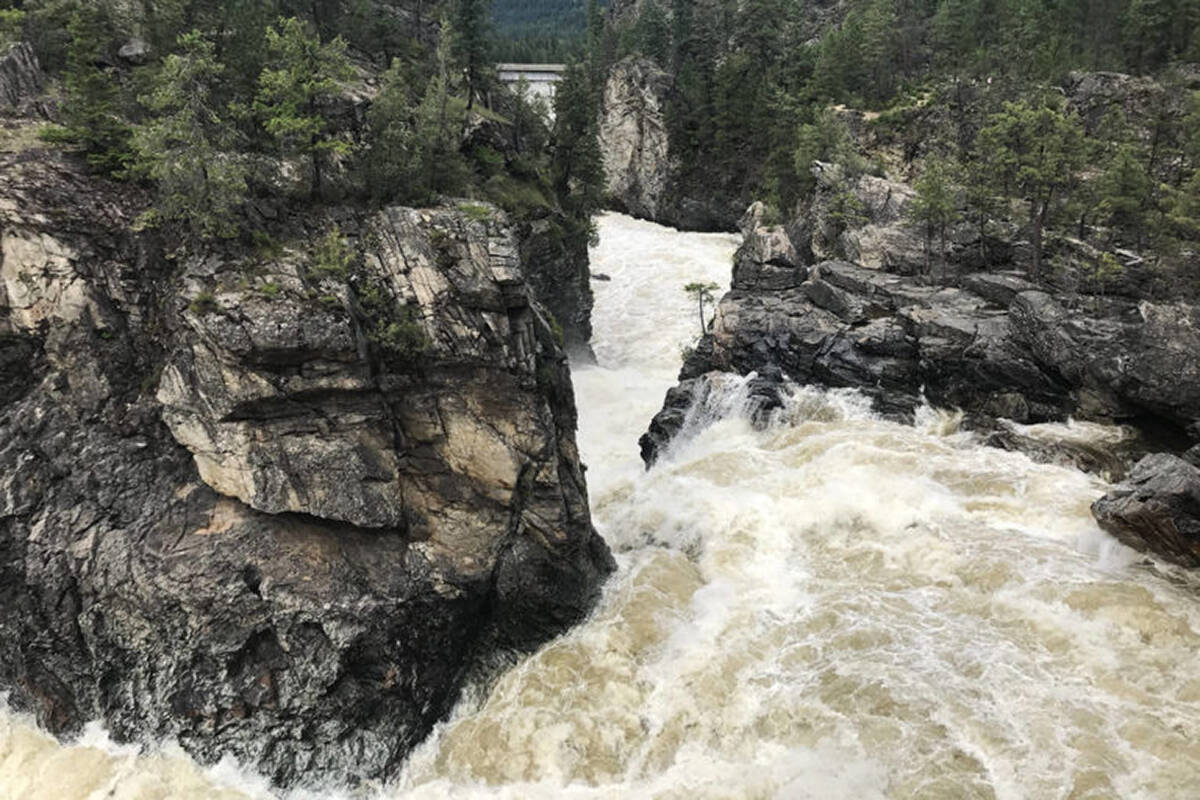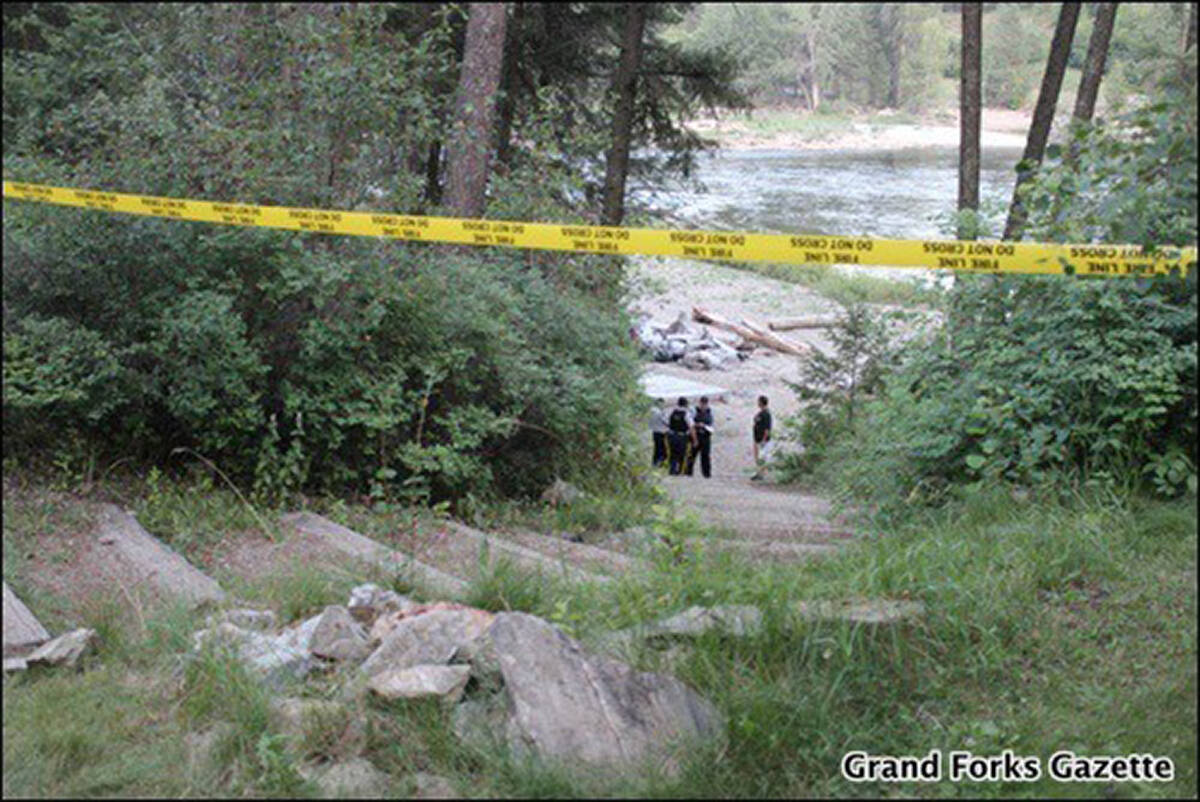B.C.’s highest court has set aside a judge’s ruling that the province pay $150,000 to Carol Barrie, whose husband Andrew drowned in a 2012 tubing accident on the Kettle River.
The court also threw out the original judge’s finding that the province had been liable for the accident, which also left a married couple from Christina Lake dead.
READ MORE: B.C. ordered to pay family of tubing accident victim $150K
READ MORE: Bereaved family suing over Cascade Falls drowning
The Court of Appeal’s decision, filed Aug. 30 in Vancouver, centred on whether the province had met its obligation to give lawyers for the drowned man’s family enough relevant information early in the course of their liability lawsuit, filed with the Supreme Court in July 2014.
The Barries were visiting from Scotland in July 2012, when they went tubing down the Kettle as part of a large group. Things went awry when Andrew Barrie and Christina Lake’s Ronald and Jacqueline Legare were swept over Cascade Falls, drowning all three.
The Barrie family’s lawsuit, which names the province, the Kootenay Boundary regional district, the cities of Grand Forks and Christina Lake, as well a local family who survived the accident as defendants, argues they should have known it was dangerous to tube on the Kettle River’s approach to Cascade Falls.
The Barries’ lawyers further allege the government defendants had promoted tourism without pointing out the dangers of tubing on the river.
READ MORE: Legare couple from Christina Lake deceased after Kettle River tubing accident
READ MORE: Christina Lake firefighters rescue man injured in cliff jump
Supreme Court Justice Joel Groves in January 2020 granted the Barries’ claim that the government defendants were liable for Andrew Barrie’s death, ordering the province to pay the family $150,000 in interim compensation. The judge also threw out the province’s response to the lawsuit, having found the defendant’s lawyer hadn’t produced a vast store of relevant documents quickly enough.
Those documents, mostly historic, span nearly 42,000 pages of information about the long decommissioned hydro dam near Cascade Falls. More recently, minutes from a 2004 meeting attended by Grand Forks then mayor and a city counsellor show a discussion about local governments’ liability for swimmers’ safety if a new dam project were to go ahead.
The appellate justices agreed the province had been slow to produce sufficient documentation, but found the defendant had given the other side enough relevant information when it responded to the plaintiffs’ lawsuit. With that in mind, the justices set aside Groves’ earlier order for interim compensation, pending the outcome of a trial.
None of the Barries’ claims have been proven in court.
Justice Joel Groves


